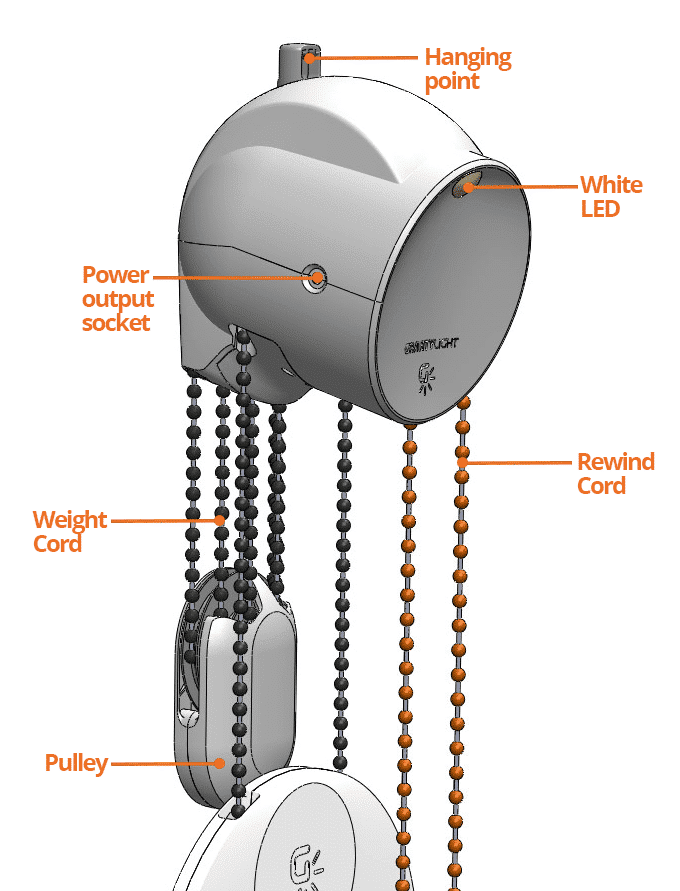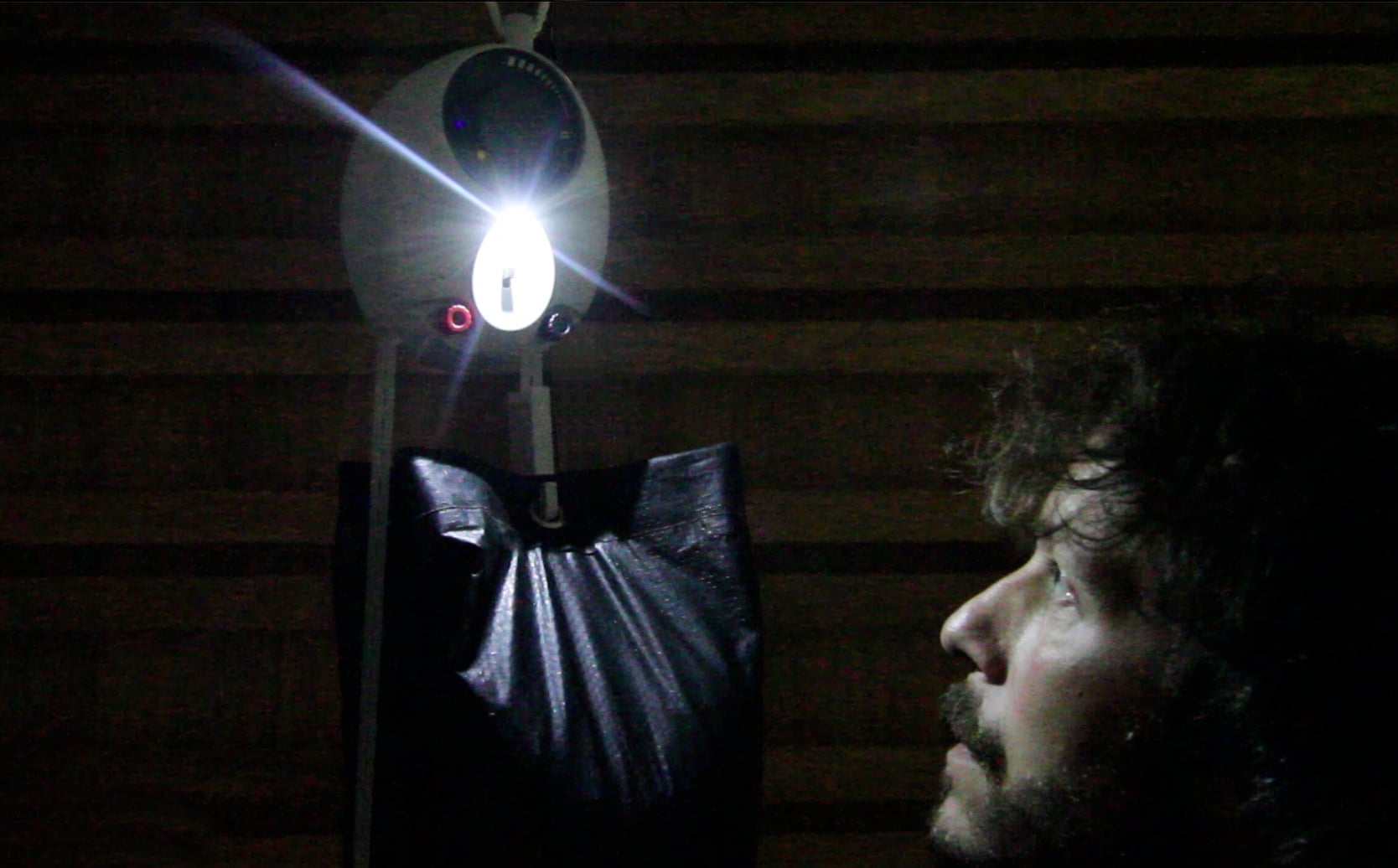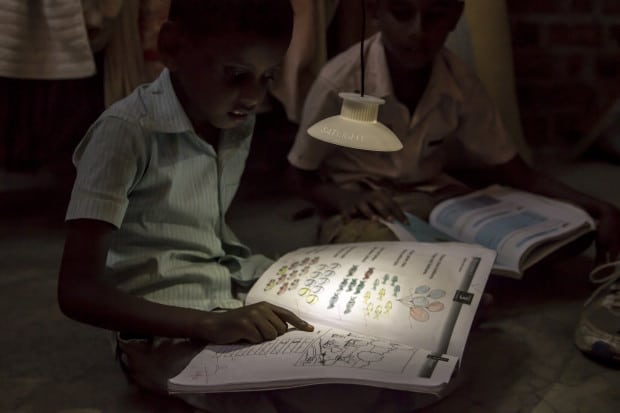United Kingdom (London)
Nearly one quarter of the world’s population live in off-grid communities. Without access to electricity, households grind to a halt after sunset. Work is limited, medical care is dangerous to provide and education levels drop where children cannot study in the dark.
Right now, many of those households use ‘dirty’ kerosene lamps after the sun has gone down. Known for being extremely inefficient, expensive and dangerous, kerosene also has huge health and environmental drawbacks. Breathing its fumes fumes is the equivalent of smoking two packets of cigarettes a day. But people all over the world are making the future brighter.
London-based designer Jim Reeves has developed something called GravityLight: “A simple, low-cost gear-train and generator that uses a descending weight to power a perpetual light source,” he told The Guardian. His viable alternative to kerosene and sun-powered lamps is illuminating sub-Saharan Africa by harnessing the power of weight and gravity. It is easy to run, low-energy, battery free – and cheaper than solar lighting.
Designed in London’s Makerversity for people in Africa and India with no access to mains electricity, the lamp generates enough energy for half an hour of light when holding weight for just a few seconds. This is how:
Check out these three projects which all say no to kerosene, bringing clean, reliable, affordable light to those living without electricity. Do you know a project bringing affordable light to the world? Submit it here.
Project leader
Jim Reeves
Support the Atlas
We want the Atlas of the Future media platform and our event to be available to everybody, everywhere for free – always. Fancy helping us spread stories of hope and optimism to create a better tomorrow? For those able, we'd be grateful for any donation.
- Please support the Atlas here
- Thank you!





